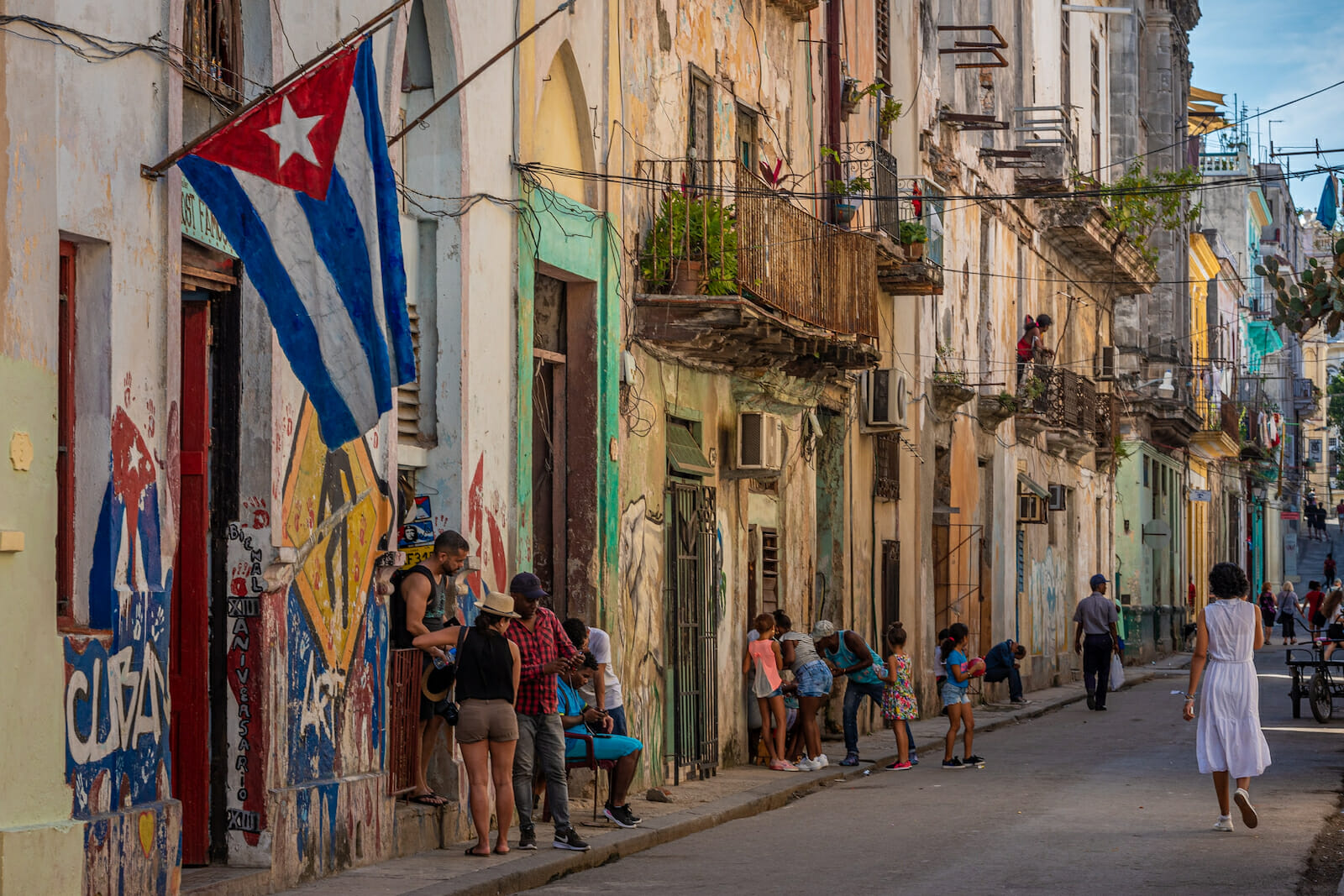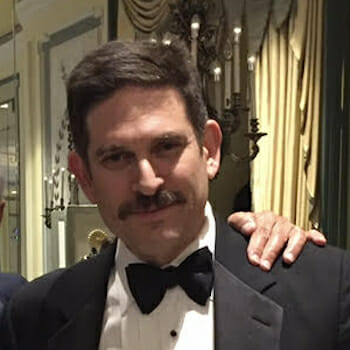
Biden Should Stay the Course on Cuba
When Antony Blinken appeared before the Senate Foreign Relations Committee in January for his confirmation hearing as Secretary of State, the atmosphere was one of refreshing comity and bipartisanship. Blinken readily conceded that some foreign policy missteps had been made during the Obama years (such as Libya) and he also praised some positive achievements of the Trump administration (the Abraham Accords). He indicated that the Biden administration would not necessarily look to automatically reverse all existing Trump policies.
Any incoming administration seeks to put its own stamp on foreign policy and distance itself from its predecessor. But if Blinken is sincere about not automatically trashing all existing policies, one policy area that should see some continuity is Cuba, the Western Hemisphere’s last Communist dictatorship. The ruling Communist Party of Cuba is about to convene its Eighth Party Congress in Havana. Following Raúl Castro’s recent announcement that he is stepping down as head of the Communist Party of Cuba, the reins of power are to be handed over to Miguel Díaz-Canel, Cuba’s president. But unfortunately, the fact that for the first time since the Cuban Revolution a Castro will not be the titular head of the party does not mean that anything has or is about to change for the Cuban people.
Despite President Obama’s unprecedented opening to Cuba in 2016, the Castroist regime has not responded in kind. Despite the hand of friendship extended by Obama, Cuba has continued its horrible behavior at home and abroad. In 2017 and 2018, no less than 26 employees of the American embassy were afflicted with a severe illness, almost certainly as the result of a radio frequency pulse. This blatant assault on American citizens and trashing of diplomatic norms has yet to be explained or addressed by the Cuban authorities.
Cuba is also continuing its decades-long record of subversive actions and undermining democracy in the region. At the United Nations, Cuba continues to act as the ringleader of anti-American and anti-democracy agitation. Cuba is a designated state sponsor of terrorism, a distinction earned over many years of support for nefarious and reprehensible global activities and associations.
Above all, Cuba’s continued brutal repression of its own citizens over many years should make it very clear that its dictatorial regime deserves no easing of the embargo or any other of the legal forms of pressure that are being employed to encourage democratization in Cuba. Brave dissidents in Cuba, like José Daniel Ferrer and Rosa María Payá, deserve the solidarity and support of Washington.
Cuba has seen a wave of renewed persecution of any political dissent since the establishment of full diplomatic relations with the U.S. in 2016. Unfortunately, the dictatorship pocketed the benefits of improved relations and took the opening as an endorsement of its policies. To reward the regime now would be to send an extremely bad message.
In 1988, President Reagan appointed Armando Valladares as the U.S. Ambassador to the UN Human Rights Commission, an incredibly strong signal of America’s commitment to human rights in Cuba and around the world. Valladares is a former political prisoner and poet who spent 22 years in Castro’s gulags for refusing to endorse communism. His moving personal memoir, Against All Hope: A Memoir of Life in Castro’s Gulag had powerfully exposed the truth about the brutality of Castro’s regime.
In his book, Valladares wrote: “The oldest dictatorship in the world exists in Cuba, and left-wing dictatorships, like those of the right, have repugnant disdain for human rights. My response to those who still try to justify Castro’s tyranny with the excuse that he has built schools and hospitals is this: Stalin, Hitler, and Pinochet also built schools and hospitals, and like Castro, they also tortured and assassinated opponents. They built concentration and extermination camps and eradicated all liberties, committing the worst crimes against humanity.”
Valladares is a recipient of the Presidential Citizens Medal and in 2016, was awarded the Canterbury Medal by the Becket Fund for his contributions to the cause of religious freedom. He is a living testimony to the unconquerable spirit of the Cuban people, and to the imperative that America must keep the faith with them.
It is worth noting that the White House has just made it very clear that any easing of Cuba restrictions is “not a priority.” When José Daniel Ferrer was imprisoned in 2019, then-candidate Biden called for his release. Ferrer and some twenty fellow dissidents are currently on a hunger strike. Now is not the time to undermine their cause.

